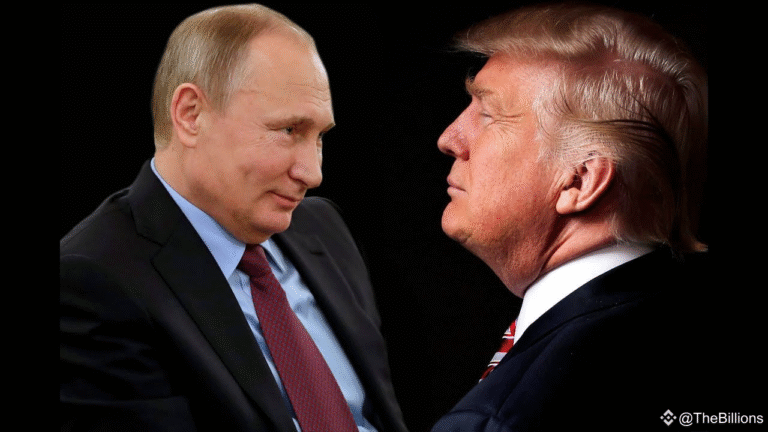Who could forget the fascinating moment, duration of the high tensions of the Cold War of the early 1980 “He went absolutely crazy.” Raising his voice to a cry, Reagan Tronó that Andropov bombarded thousands of people in Europe “Without reason” and warned Moscow that “It is better to stop.”
In the latest wave of Donald Trump’s familiar tirades—targeting NATO, Ukraine aid, and American foreign policy—one constant remains: Vladimir Putin isn’t budging. Despite Trump’s increasingly provocative statements and veiled admiration for authoritarian strength, the Kremlin’s strategic calculus shows little sign of being swayed by the former U.S. president’s political theater.
Trump has publicly criticized the Biden administration’s handling of the Russia-Ukraine war, hinting he could end the conflict “in 24 hours” and suggesting that continued support for Ukraine drags the U.S. into unnecessary conflict. But Moscow isn’t taking the bait. Putin, a seasoned tactician, views Trump’s volatile rhetoric as more useful for sowing division within Western alliances than as a genuine shift in U.S. power dynamics.
Behind the scenes, Russian state media often amplifies Trump’s statements—but more as propaganda tools than strategic opportunities. Kremlin insiders reportedly regard Trump as unpredictable and self-serving, someone whose statements rarely align with actual policy outcomes. This perspective was reinforced during his presidency, when promises to cozy up to Russia were repeatedly undercut by bipartisan sanctions and intelligence reports on election meddling.
Moreover, Putin is playing a long game—his strategy is based on realpolitik, not personality. Trump’s outbursts might rile American audiences, but they do little to change Russia’s geopolitical objectives, particularly its aims in Ukraine and its broader campaign to destabilize Western unity.
In the end, while Trump may believe his bluster holds international sway, in Moscow, it’s mostly background noise. The Kremlin understands that noise doesn’t win wars—calculation does.


